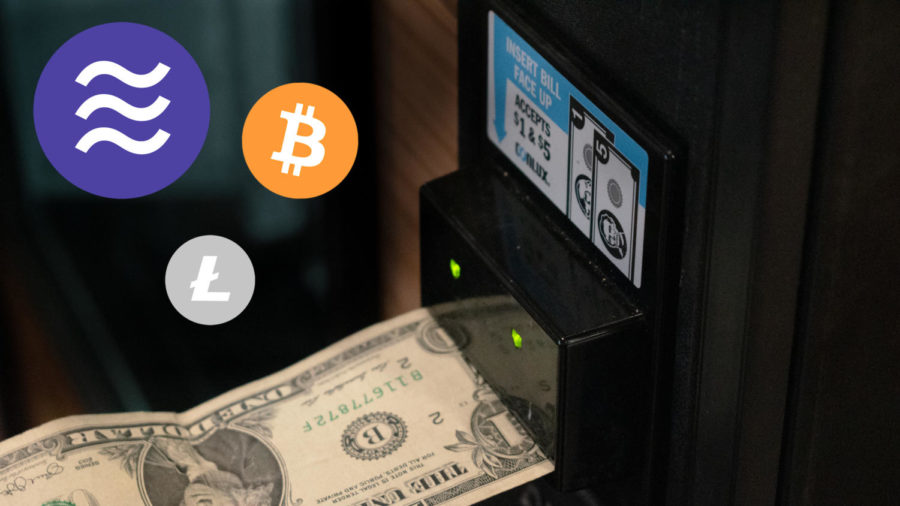The offerings of a decentralized banking system, or cryptocurrency, have been circulating in society ever since Bitcoin was introduced in 2009.
Others have attempted to create their own cryptocurrencies, including Litecoin and Ethereum. Currently, Facebook hopes to utilize its influence to create a cryptocurrency of its own. In 2017, the company first began to develop Libra, which is projected to start operating in 2020. The proposal is pending approval from regulators.
Libra is intended to bridge traditional financial institutions and cryptocurrencies. It optimizes the speed, efficiency, and security of transactions in a way that rivals developed banks and financial services. Libra is designed to be accessible by any individual with a connection to the internet.
According to the Libra White Paper, “Libra’s mission is to enable a simple global currency and financial infrastructure that empowers billions of people.”
One of the many problems with cryptocurrency is fluctuating value, as seen most prominently in Bitcoin. According to Forbes, “the fluctuating price of Bitcoin made it very hard to buy a cup of coffee or an album online.”
However, Libra is set to be backed by a pool of resources, allowing its price to remain relatively constant with the world’s most circulated currencies.
The concept of Libra continues to face opposition. On July 2, 2019, the U.S. Government’s House Committee on Financial Services drafted a letter to Facebook outlining its concerns.
“We write to request that Facebook and its partners immediately agree to a moratorium on any movement forward on Libra,” Chairwoman Maxine Waters said. “This raises serious privacy, trading, national security, and monetary policy concerns for not only Facebook’s over 2 billion users, but also for investors, consumers, and the broader global economy.”
France’s Minister of Finance, Bruno Le Maire, also described his concerns towards the development of Libra.
“Under the current circumstances, we should refuse the development of Libra within the EU,” Le Maire said.
Others agree with Le Maire, preferring traditional currencies over cryptocurrency.
“Until you can buy bananas with Bitcoin, Bitcoin is not superior to the dollar,” sophomore Jacob Stattenfield said.
Despite concerns, some, including Le Maire, are optimistic about the possibility of a widespread cryptocurrency in the future.
“We should think about the best way of reducing the cost of international transactions. We should think about the possibility of reducing delays [with cryptocurrency],” Le Maire said.












